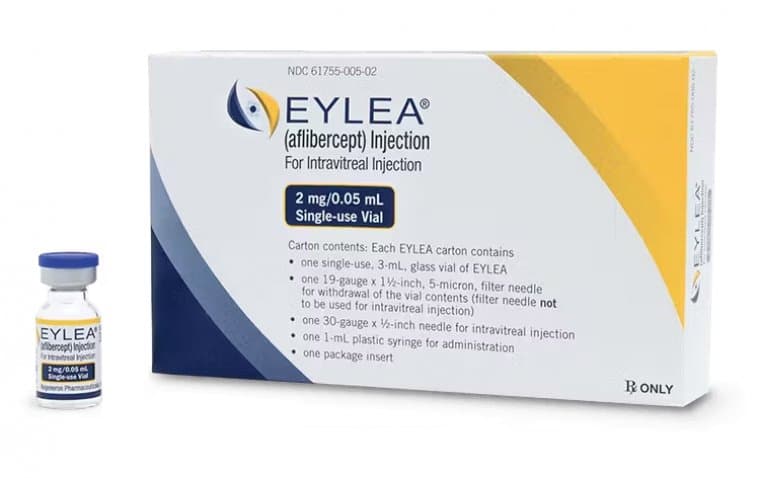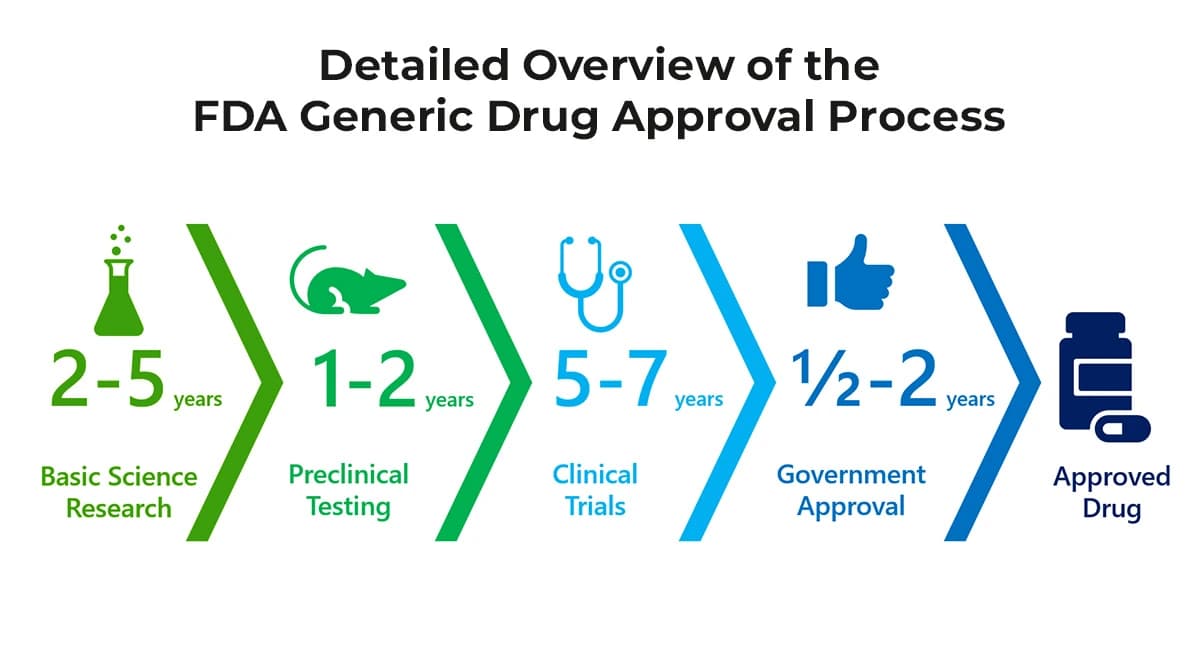FDA approves EYLEA HD 8 mg, offers flexible dosing for common retinal diseases
Regeneron and Bayer announced FDA approval of EYLEA HD aflibercept 8 mg for macular edema following retinal vein occlusion, along with expanded monthly dosing options across its approved uses. The decision, based on Phase 3 QUASAR trial results, promises fewer injections for some patients while raising questions about access, affordability, and equitable delivery of sight saving care.

The U.S. Food and Drug Administration approved EYLEA HD aflibercept 8 mg on November 19, 2025, expanding its labeled use to include treatment of macular edema following retinal vein occlusion and authorizing broader monthly dosing options across approved indications. Regeneron and partner Bayer said the regulatory decision follows results from the Phase 3 QUASAR trial and gives physicians more flexibility to tailor treatment schedules for wet age related macular degeneration, diabetic macular edema and diabetic retinopathy.
Under the approval, patients with macular edema after retinal vein occlusion may receive EYLEA HD every eight weeks following an initial period of monthly dosing. Physicians may also choose monthly dosing when clinical circumstances require it, the companies said, noting that the new labeling could reduce injection frequency for many patients while recognizing that some will still need monthly treatment to preserve vision.
Clinicians and public health experts emphasized the practical importance of the change. Anti vascular endothelial growth factor therapy has transformed the management of eye diseases that cause vision loss, but regular intravitreal injections impose time, cost and logistical burdens on patients and health systems. Less frequent injections can reduce clinic visits, lower caregiver strain and potentially improve adherence, particularly for older adults and people who live far from retina specialists.
At the same time, the approval highlights enduring systemic barriers. Access to specialty eye care is uneven across the United States, with rural communities and many low income urban neighborhoods served by fewer retina specialists. Patients who lack reliable transportation, paid leave or flexible caregiving support may still struggle to attend monthly appointments even when a less frequent regimen is possible. Insurance coverage rules, prior authorization requirements and unpredictable out of pocket costs can further complicate timely access to treatment.
Diabetic eye disease disproportionately affects people from racial and socioeconomic groups that already experience health care disparities. Expanding dosing options alone will not close the gap in vision outcomes unless paired with policies that address affordability, clinic capacity and supports for patient travel and appointment adherence. Reimbursement policies and negotiated pricing will shape how widely EYLEA HD is adopted in real world practice, and state and federal programs may play a role in ensuring that benefits reach underserved communities.
Regulators and clinicians will be watching post approval data and real world use to understand how reduced injection frequency translates into sustained visual outcomes outside clinical trials. Payers and provider networks will need to weigh clinical guidelines, cost considerations and patient centered outcomes when developing coverage policies.
For patients and families living with retinal disease, the approval offers hope of treatment regimens that better fit daily life while preserving sight. Delivering that promise equitably will require attention to the structural obstacles that shape who can access advanced therapies, and sustained policy focus to ensure that medical innovation reduces disparities rather than reinforcing them.


